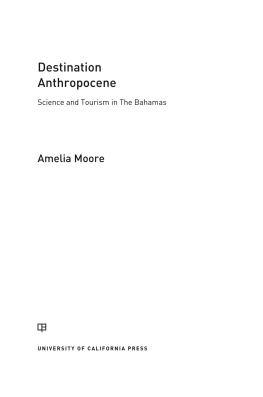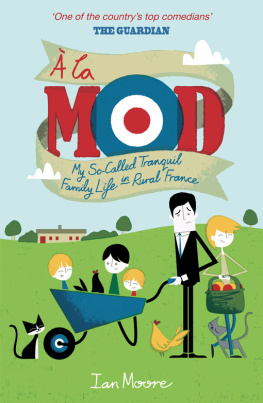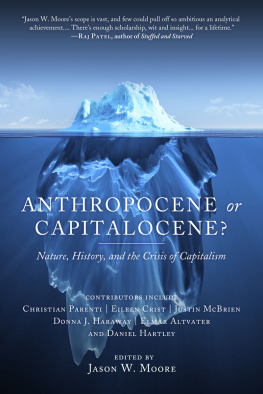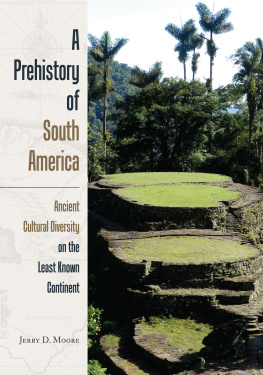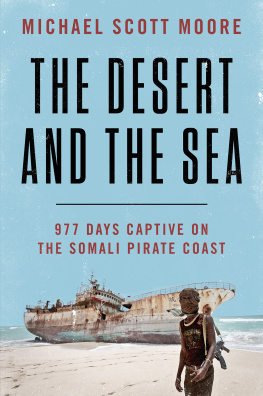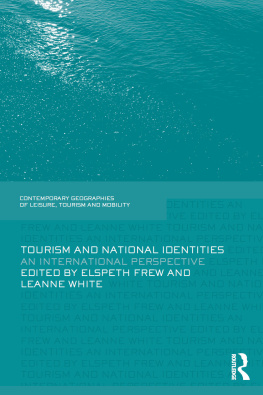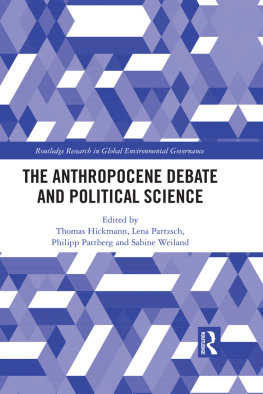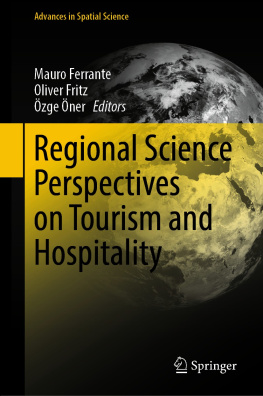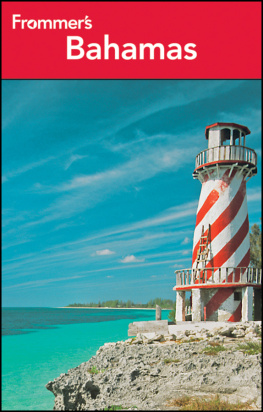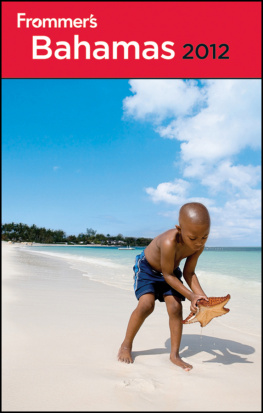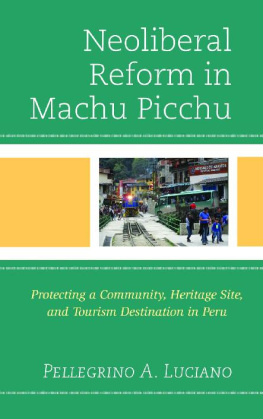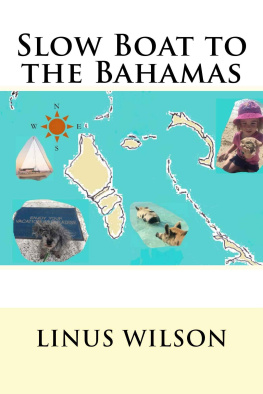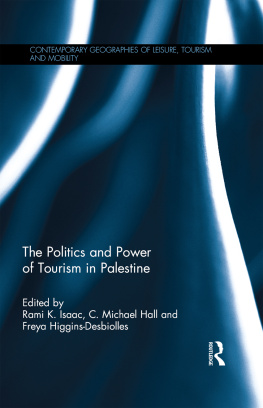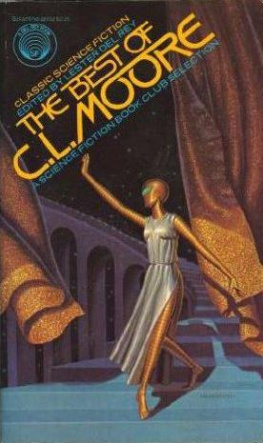Moore - Destination Anthropocene : Science and Tourism in the Bahamas
Here you can read online Moore - Destination Anthropocene : Science and Tourism in the Bahamas full text of the book (entire story) in english for free. Download pdf and epub, get meaning, cover and reviews about this ebook. publisher: Univ of California Pr, genre: Romance novel. Description of the work, (preface) as well as reviews are available. Best literature library LitArk.com created for fans of good reading and offers a wide selection of genres:
Romance novel
Science fiction
Adventure
Detective
Science
History
Home and family
Prose
Art
Politics
Computer
Non-fiction
Religion
Business
Children
Humor
Choose a favorite category and find really read worthwhile books. Enjoy immersion in the world of imagination, feel the emotions of the characters or learn something new for yourself, make an fascinating discovery.
- Book:Destination Anthropocene : Science and Tourism in the Bahamas
- Author:
- Publisher:Univ of California Pr
- Genre:
- Rating:3 / 5
- Favourites:Add to favourites
- Your mark:
- 60
- 1
- 2
- 3
- 4
- 5
Destination Anthropocene : Science and Tourism in the Bahamas: summary, description and annotation
We offer to read an annotation, description, summary or preface (depends on what the author of the book "Destination Anthropocene : Science and Tourism in the Bahamas" wrote himself). If you haven't found the necessary information about the book — write in the comments, we will try to find it.
Moore: author's other books
Who wrote Destination Anthropocene : Science and Tourism in the Bahamas? Find out the surname, the name of the author of the book and a list of all author's works by series.
Destination Anthropocene : Science and Tourism in the Bahamas — read online for free the complete book (whole text) full work
Below is the text of the book, divided by pages. System saving the place of the last page read, allows you to conveniently read the book "Destination Anthropocene : Science and Tourism in the Bahamas" online for free, without having to search again every time where you left off. Put a bookmark, and you can go to the page where you finished reading at any time.
Font size:
Interval:
Bookmark:

Edited by Julie Guthman, Jake Kosek, and Rebecca Lave
The Critical Environments series publishes books that explore the political forms of life and the ecologies that emerge from histories of capitalism, militarism, racism, colonialism, and more.
Flame and Fortune in the American West: Urban Development, Environmental Change, and the Great Oakland Hills Fire, by Gregory L. Simon
Germ Wars: The Politics of Microbes and Americas Landscape of Fear, by Melanie Armstrong
Coral Whisperers: Scientists on the Brink, by Irus Braverman
Life without Lead: Contamination, Crisis, and Hope in Uruguay, by Daniel Renfrew
Unsettled Waters: Rights, Law, and Identity in the American West, by Eric P. Perramond
Wilted: Pathogens, Chemicals, and the Fragile Future of the Strawberry Industry, by Julie Guthman
Destination Anthropocene: Science and Tourism in The Bahamas, by Amelia Moore
Amelia Moore

UNIVERSITY OF CALIFORNIA PRESS
University of California Press
Oakland, California
2019 by Amelia Moore
Library of Congress Cataloging-in-Publication Data
Names: Moore, Amelia, 1981- author.
Title: Destination Anthropocene : science and tourism in the Bahamas / Amelia Moore.
Description: Oakland, California : University of California Press, [2019] | Series: Critical environments: nature, science, and politics ; 7 | Includes bibliographical references and index. |
Identifiers: LCCN 2019000631 (print) | LCCN 2019002842 (ebook) | ISBN 9780520970885 (e-edition) | ISBN 9780520298927 (cloth) | ISBN 9780520298934 (pbk.)
Subjects: LCSH : Climatic changesEffect of human beings onBahamas. | BiocomplexityBahamas. | TourismEnvironmental aspectsBahamas.
Classification: LCC QC 903.2. B 2 (ebook) | LCC QC 903.2. B 2 M 66 2019 (print) | DDC 304.2097296dc23
LC record available at https://lccn.loc.gov/2019000631
Manufactured in the United States of America
28 27 26 25 24 23 22 21 20 19
10 9 8 7 6 5 4 3 2 1
For Eleanor and Emma
This book originated as a strange dissertation, and so I would like to begin by thanking the members of the Anthropology Department at UC Berkeley, especially Cori Hayden, Paul Rabinow, and Donald Moore, for their assistance with many of the foundational ideas in this book. In addition, I must thank Charis Thompson in the Department of Gender and Womens Studies for her welcome advice. My fellow graduate students also deserve my thanks for their heaps of support over the years, especially Alfred Montoya, Shana Harris, Beatriz Reyes-Foster, James Battle, and Theresa Macphail. Thank you for the phone calls, the emails, the texts, the Facebook groups, and the conversations over many cups of tea and pints of beer. This book is your book too.
The fieldwork that went into this book took place over several years in The Bahamas, and I must thank the fisheries officers at the Department of Marine Resources in the Ministry of Agriculture and Marine Resources for issuing me research permits and for participating in my research. I owe a debt to the University of The Bahamas for sponsoring my work, especially to Linda Davis, Jessica Minnis, Nicolette Bethel, John Cox, Stephen Aranha, Brenda Cleare, Michael Stevenson, Lisa Benjamin, Pandora Johnson, and Margo Blackwell. The Bahamas Reef Environment Educational Foundation provided me with insight and access to its office, and the Bahamas National Trust, Nature Conservancy of The Bahamas, Ministry of Tourism, Ministry of Environment, Antiquities Monuments and Museums Corporation, Department of Archives, and National Public Library were all essential organizations whose staff did me many favors. I am also deeply indebted to Margot Bethel and the late Hub Community Arts Centre. Additionally, I must mention my dear friends Kareem Mortimer, Jonathan Morris, Isabella Boddy, Monique Wszolek, Andrew Jones, Alex Wassitsch, Augusta Wellington, Casuarina McKinney, Mallory Raphael, Eddie Raphael, Michael Edwards, and Adelle Thomas for their unfailing advice and enthusiasm, and I must especially thank Bryan Boddy for his invaluable commentary on several drafts.
Paige West, at Columbia Universitys Barnard College, without whom I would not have entered graduate school, changed the course of my life and must be thanked, even though she cannot ever be thanked enough. I must thank Fiorella Cotrina for believing in me, as well as everyone at the Abess Center for Ecosystem Science and Policy at the University of Miami, including Gina Maranto, Andee Holzman, and most especially Kenny Broad, who brought me to The Bahamas in the first place and who continues to inspire me with research possibilities. Laura Ogden, Danielle DiNovelli-Lang, Julie Guthman, and Kate Marshall provided essential reviews and edits and should be thanked by all my readers. Any remaining problems with the text are entirely of my own making.
I am appreciative of the faculty in the Department of Marine Affairs at the University of Rhode Island for their patience with my evolving publication schedule. I cannot forget to thank Scott Andrews, who helped me through the longest stretch of my fieldwork. Finally, I must thank my parents, Sandra Walker and Wesley Moore, and my brother, William Moore, for their love, advice, and support in all things.
The research for this book was funded at various times by the American Museum of Natural History, the National Science Foundations Graduate Research Fellowship Program, the Abess Center for Ecosystem Science and Policy at the University of Miami, the Wenner-Gren Foundation for Anthropological Research, and the U.S. Fulbright Scholar Program.
AMMC | Antiquities Monuments and Museums Corporation |
DMR | Department of Marine Resources |
GCS | Global change science |
IPCC | Intergovernmental Panel on Climate Change |
MPA | Marine protected area |
NSF | National Science Foundation |
SIDS | Small Island Developing States |
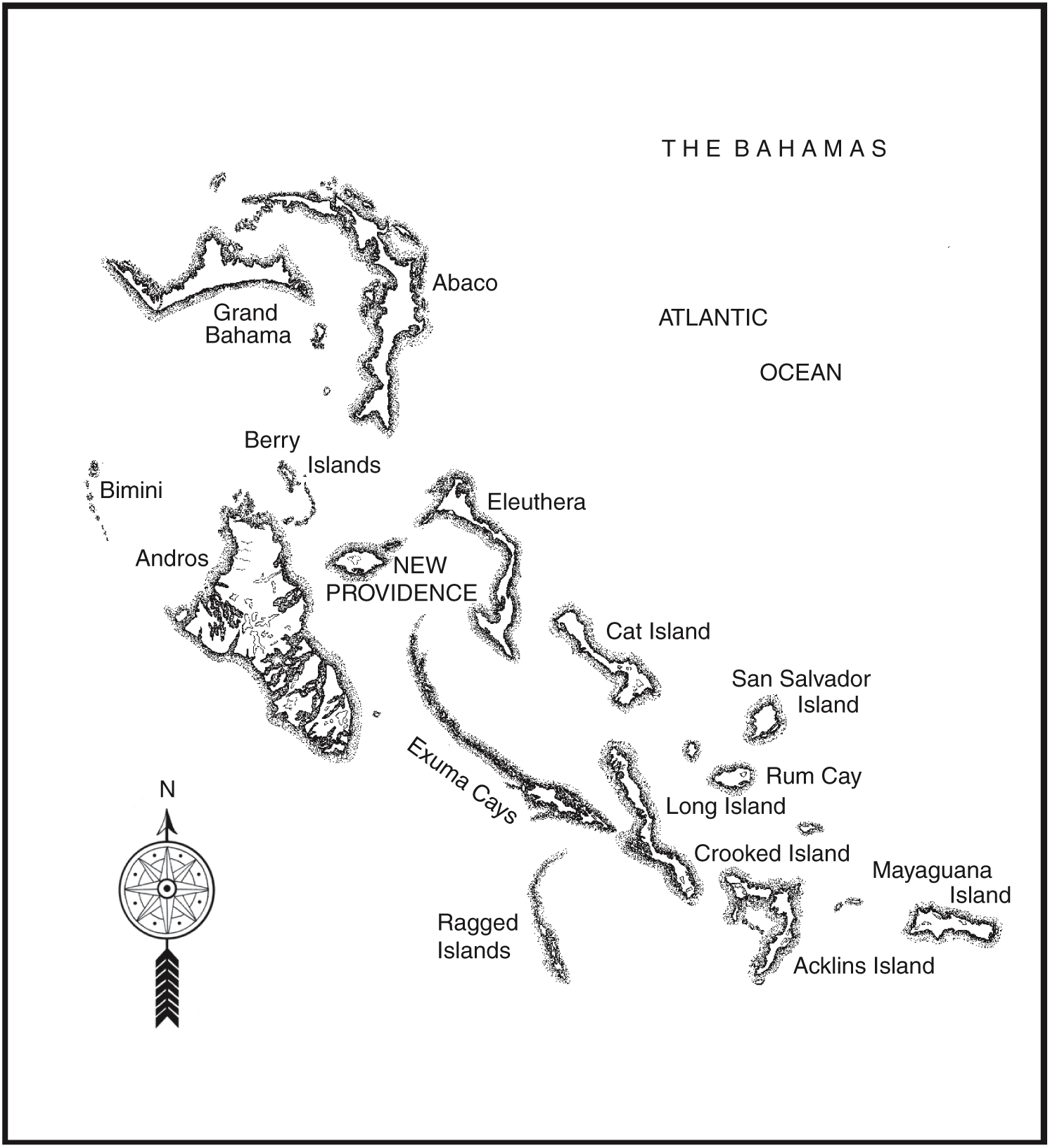
Map of the major islands of the northern and central Bahamas. Image created by Quail Lane (2017).
Arriving at destination Anthropocene entails the prospect of facing profound changes in the global political, economic, environmental, and social order, along with a wide range of possible consequences.
Martin Gren and Edward H. Huijbens, Tourism and the Anthropocene
Islands are rarely what they seem. I am acquainted with a small set of islands that have been visited by millions, and yet most visitors know very little about them. In this set of islands, the land and ocean are one continuous flow of energy. The substance of the land consists of exposed dunes and shallow banks formed by the precipitation of calcium carbonate from seawater. This limestone was excreted from the sea through the bodies of tiny sea creatures and shaped by chemical reactions repeating over millennia. Emerging on the western edge of the subtropical Atlantic Ocean, these islands are home to a host of life forms across the land and sea world: a kaleidoscope of reptiles, birds, insects, corals, fish, and shellfish that live in pine barrens, tropical coppice, mangrove marls, undersea reef colonies, sand flats, and beds of sea grasses. A shifting human populace of citizens, migrants, and international tourists also reside in this archipelago. These are the seven hundred islands of The Bahamas.
Font size:
Interval:
Bookmark:
Similar books «Destination Anthropocene : Science and Tourism in the Bahamas»
Look at similar books to Destination Anthropocene : Science and Tourism in the Bahamas. We have selected literature similar in name and meaning in the hope of providing readers with more options to find new, interesting, not yet read works.
Discussion, reviews of the book Destination Anthropocene : Science and Tourism in the Bahamas and just readers' own opinions. Leave your comments, write what you think about the work, its meaning or the main characters. Specify what exactly you liked and what you didn't like, and why you think so.

